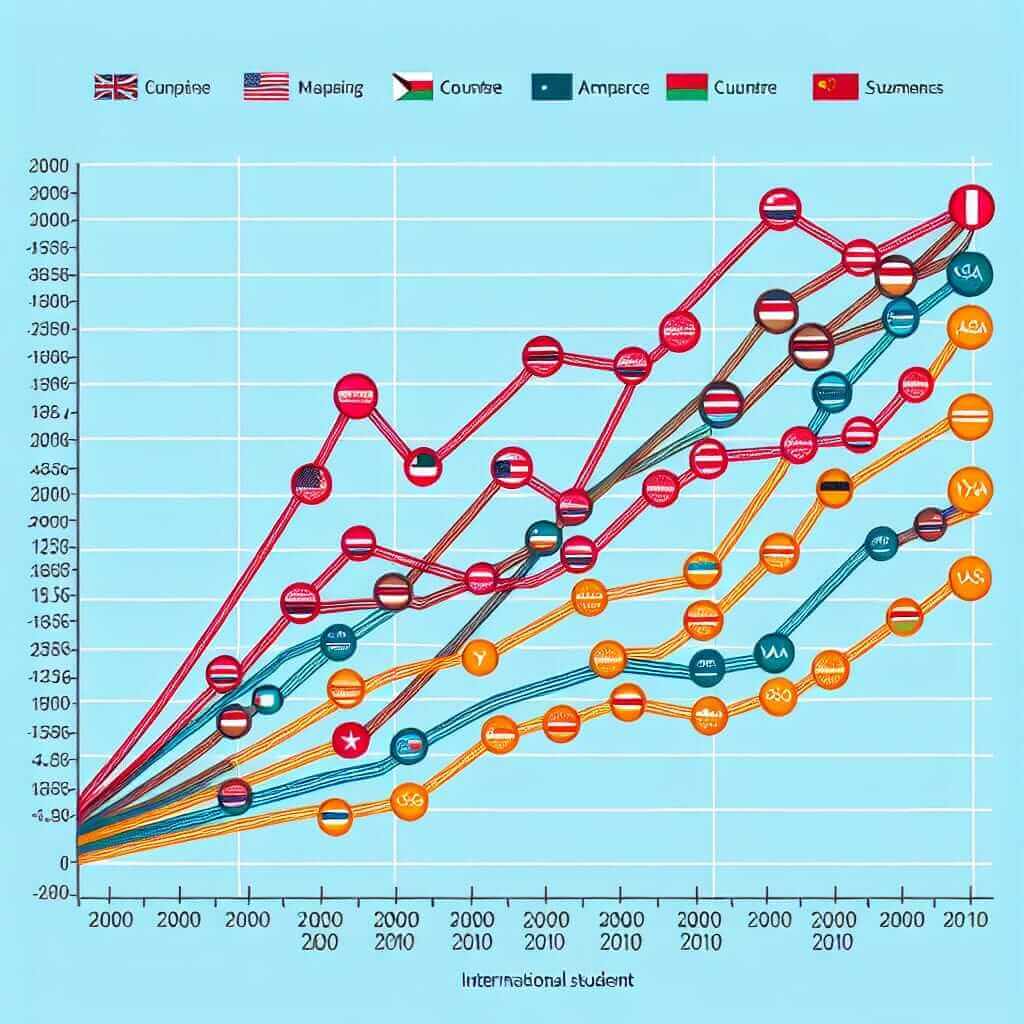In the IELTS Writing test, constructing impressive sentences is crucial for achieving a high band score. It’s not just about grammatical accuracy; it’s about conveying your ideas clearly, coherently, and with a touch of sophistication. As an IELTS instructor with over two decades of experience, I’ve witnessed firsthand the power of well-crafted sentences in elevating essays from average to excellent.
The Importance of Good Sentences in IELTS Writing
Your sentences are the building blocks of your writing. They demonstrate your grasp of grammar, vocabulary, and ability to present complex ideas effectively. A well-structured sentence can:
- Enhance clarity and readability: Making it easy for the examiner to understand your points.
- Showcase your vocabulary range: Demonstrating your ability to use a variety of words and phrases accurately.
- Create a positive impression: Leaving the examiner with a sense of your strong command of the English language.
Crafting Sentences that Shine: Key Strategies
1. Focus on Grammatical Accuracy
- Subject-Verb Agreement: Ensure your verbs agree with their subjects in number (singular or plural).
- Tense Consistency: Maintain a consistent verb tense throughout your sentences and paragraphs unless a shift in time is intended.
- Correct Word Order: Adhere to the standard English sentence structure (Subject-Verb-Object).
- Proper Punctuation: Use commas, periods, semicolons, and other punctuation marks correctly to enhance clarity and flow.
2. Expand Your Vocabulary
- Use Synonyms: Avoid repeating the same words or phrases. Instead, utilize synonyms to demonstrate your vocabulary range.
- Incorporate Idioms and Collocations: Carefully use idioms and collocations to add naturalness and fluency to your writing.
- Employ Academic Language: Where appropriate, use formal and academic vocabulary to convey your ideas with precision.
3. Vary Sentence Structure
- Simple Sentences: Use these for stating basic facts or ideas. (e.g., “The graph shows an upward trend.”)
- Compound Sentences: Combine two independent clauses with coordinating conjunctions (e.g., and, but, or) to show relationships between ideas. (e.g., “The graph shows an upward trend, but there is a slight dip in the middle.”)
- Complex Sentences: Use subordinating conjunctions (e.g., although, because, while) to link dependent and independent clauses, expressing more nuanced relationships. (e.g., “Although there is a slight dip in the middle, the graph generally shows an upward trend.”)
Examples from Real IELTS Writing Tasks
Task 1: The graph below shows the number of international students enrolling in universities in four different countries from 2000 to 2010.

Weak Sentence: “The number of students went up in all countries.”
Strong Sentence: “Between 2000 and 2010, there was a noticeable increase in international student enrollment across all four countries depicted in the graph.”
Task 2: Some people believe that technology has made our lives easier. Others argue that it has made our lives more complex. Discuss both views and give your own opinion.
Weak Sentence: “Technology is good and bad.”
Strong Sentence: “While technological advancements have undoubtedly simplified numerous aspects of modern life, their increasing complexity also presents new challenges that warrant careful consideration.”
Top Tips for Sentence Mastery
- Read widely: Expose yourself to well-written English texts to internalize good sentence structure and vocabulary.
- Practice writing regularly: The more you write, the better you’ll become at crafting effective sentences.
- Seek feedback: Have a teacher or tutor review your writing and provide constructive criticism.
- Learn from your mistakes: Analyze your errors and focus on improving those areas in your writing.
Conclusion
Writing impressive sentences is a skill that can significantly impact your IELTS Writing score. By focusing on grammatical accuracy, expanding your vocabulary, and varying your sentence structure, you can elevate your writing and confidently express your ideas. Remember, practice makes perfect! So keep writing, keep refining, and keep striving for excellence in your IELTS journey.